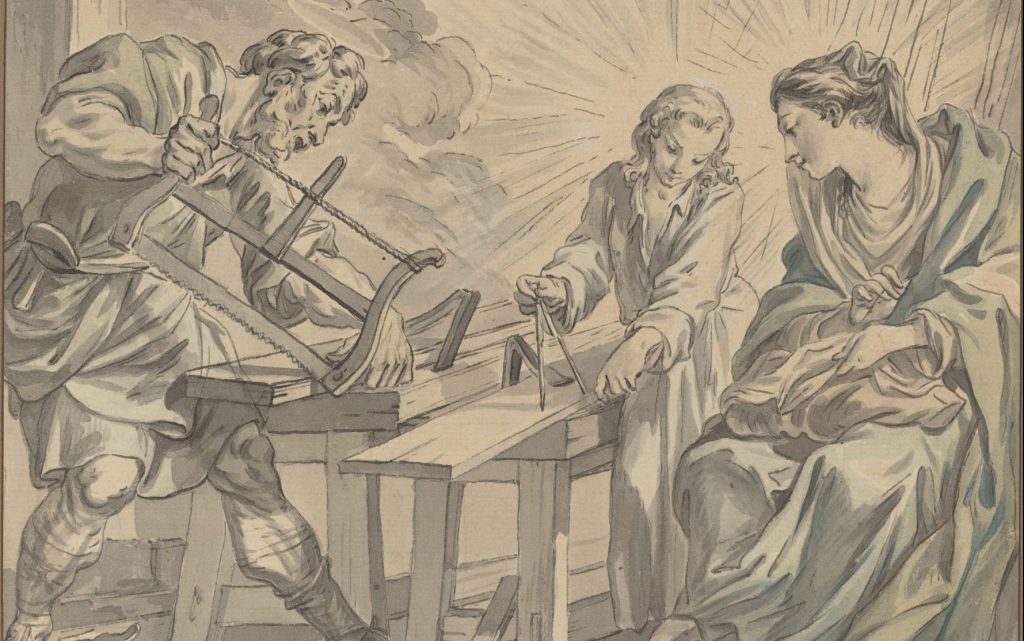Ezek. 2:2-5 / Ps. 123:1-4 / 2 Cor. 12:7-10 / Mk 6:1-6
As we’ve walked with the apostles in the Gospels in recent weeks, we’ve witnessed Jesus command the wind and sea, and order a little girl to arise from the dead.
But he seems to meet his match in his hometown of Nazareth. Today’s Gospel is blunt: “He was not able to perform any mighty deed there.”
Why not? Because of the people’s lack of faith. They acknowledged the wisdom of his words, the power of his works. But they refused to recognize him as a prophet come among them, a messenger sent by God.
All they could see was how much “this man” was like them — a carpenter, the son of their neighbor, Mary, with brothers and sisters.
Of course, Mary was ever-virgin, and had no other children. The Gospel refers to Jesus’ brothers as Paul refers to all Israelites as his brothers, the children of Abraham (see Romans 9:3, 7).
That’s the point in today’s Gospel, too. Like the prophet Ezekiel in today’s First Reading, Jesus was sent by God to the rebellious house of Israel, where he found his own brothers and sisters obstinate of heart and in revolt against God.
The servant is not above the Master (see Matthew 10:24). As his disciples we, too, face the mockery and contempt we hear of in today’s Psalm. And isn’t it often hardest to live our faith among those in our own families, those who think they really know us, who define us by the people we used to be — before we chose to walk with Jesus?
As Paul confides in today’s Epistle, insults and hardships are God’s way of teaching us to rely solely on his grace.
Jesus will work no mighty deeds in our lives unless we abandon ourselves to him in faith. Blessed then are those who take no offense in him (see Luke 7:23). Instead, we must look upon him with the eyes of servants — knowing that the son of Mary is also the Lord enthroned in the heavens.

